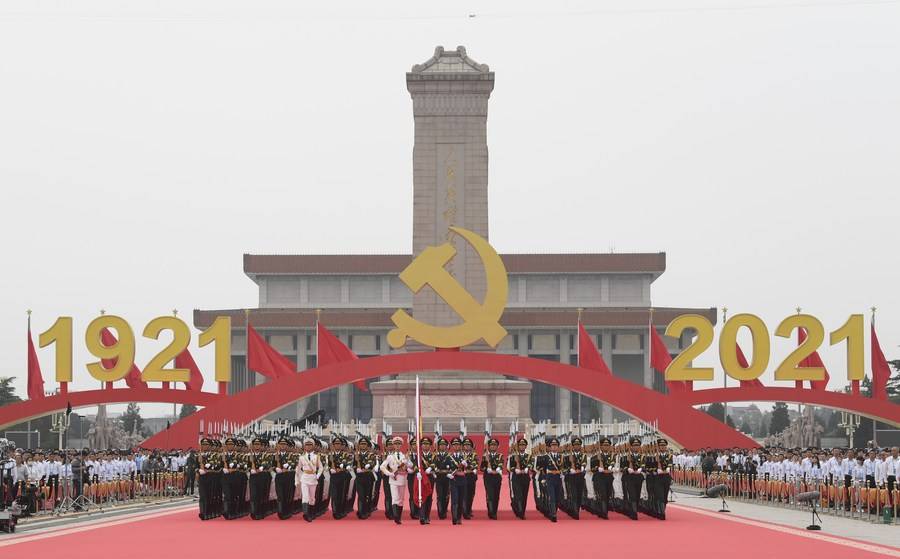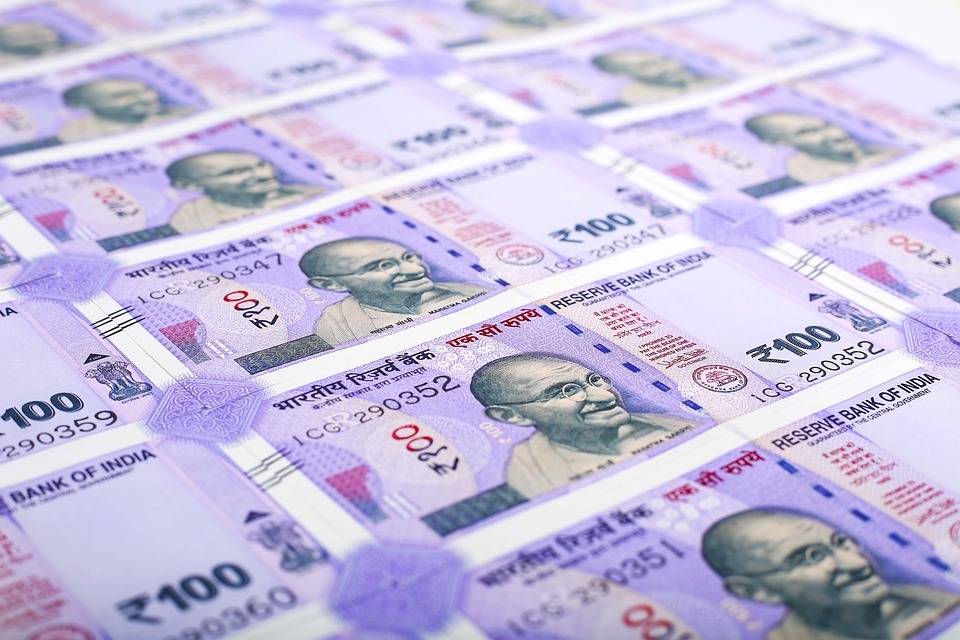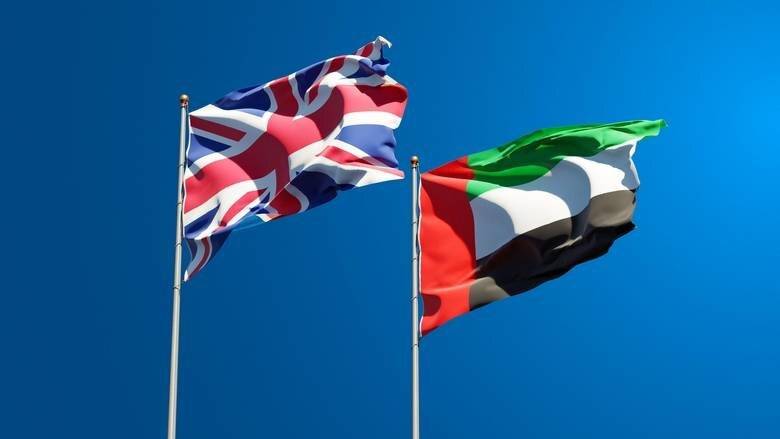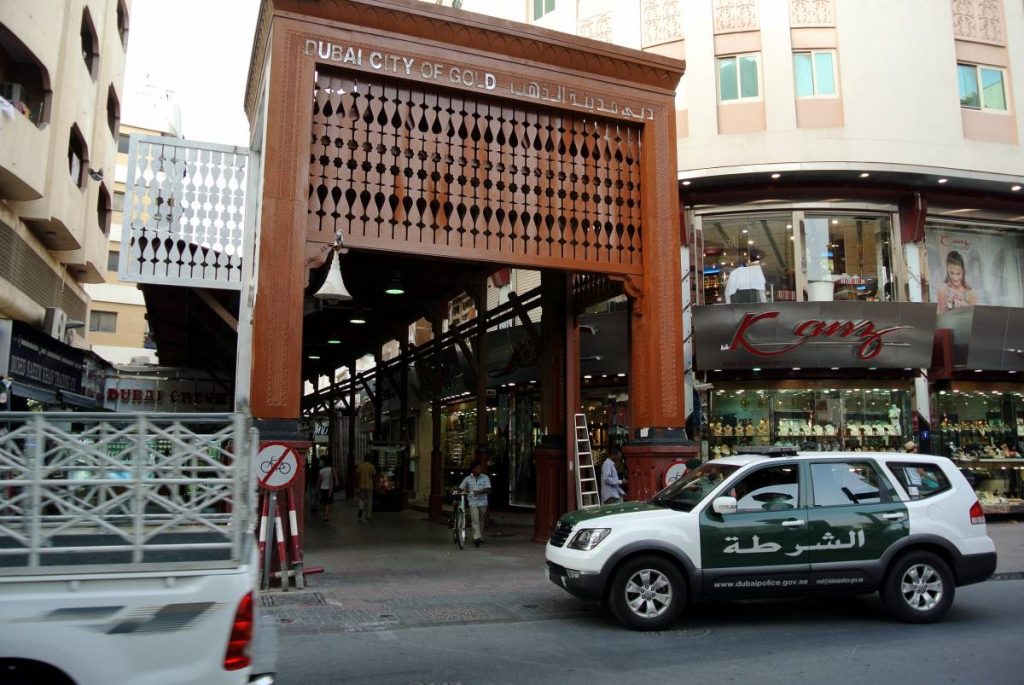A report published in Bitter Winter read, the Beijing dictatorship instantly remarked they are billions of dollars – at least 15 billion, according to Tax Police – so certainly those guilty would be punished…reports Asian Lite News
The Italian Tax Police (Guardia di Finanza) has uncovered evidence proving that the Chinese Communist Party routinely cooperates with several criminal organizations– the Italian Mafia, Colombia’s drug cartels, and Russian oligarchs–to launder billions of dollars, reported Bitter Winter.
In September 2022, the Guadia di Finanza, a famously militarised police force in Italy, paid a visit to a husband and wife business team in Brescia. The couple had allegedly sent 4.5 million euros to Slovenia and other Eastern European nations as payments for ferrous materials that had never reached Italy. They decided to excavate in the garden after being unable to find the proof they were looking for in the home. There, they discovered several odd metal drums. When the drums were opened, they found eight million euros’ worth of money within. In the couple’s cellar, another three million euros were discovered concealed. All of this money had come from China, reported Bitter Winter. This was a part of a sizable investigation known as “Operazione Via della Seta” (Silk Road), which engaged hundreds of Tax Police agents for several years. According to a fairly thorough account of the operation that appeared in the Italian newspaper “La Repubblica” on March 5, what they found could have significant effects on foreign policy. Evidence was found that the Chinese Communist Party habitually collaborates with multiple criminal organizations–the Italian Mafia, Colombia’s drug cartels, and Russian oligarchs–to launder billions of dollars was unearthed, possibly for the first time in Europe.
A report published in Bitter Winter read, the Beijing dictatorship instantly remarked they are billions of dollars – at least 15 billion, according to Tax Police – so certainly those guilty would be punished. The group of banks led by the Bank of China, the fourth-largest bank in the world with the majority of its assets in the powerful hands of the Party-state, was responsible for organising the entire operation in Beijing and Shanghai. Obviously, “those guilty” refers to the CCP itself.
As the lawful transfers of money from Chinese residents if Italy to China declined from Euro 5 billion in 2027 to EUR 9 million in 2021, which could not be attributed to COVID alone, the Italian Tax Police got concerned. They began their inquiry with the presumption that a CUB (China Underground Bank), was active in Italy. Although CUB is not a true bank and is certainly not one that is legally permitted. However, it runs just efficiently as most banks.
Customers bring cash there, which is then transferred to either Chinese banks directly or businesses in Europe, notably Hungary, where Chinese influence is quite strong. China, or the CCP, retains its fair part and finds a means to remit the funds in cash to Italy. Those who donated money to China (directly or via Eastern Europe) receive it back after deducting the hefty percentage maintained by the CCP and its allies, and they then visit Chinese supermarkets or small stores to withdraw their money.
When the Tax Police discovered burlap sacks containing millions of euros that the CUB’s clients were stealing from Chinese-owned stores in the Venetian region, they finally realised how the scheme worked. They found that the majority of Italian regions used the same system.
Who uses the CUB for money laundering? Chinese themselves come first. They specialise in fast establishing and shutting down businesses. These businesses don’t pay taxes, VAT, or social security, but instead vanish so quickly–along with their managers, who allegedly or actually return to China–that no one can be held accountable. According to the Tax Police, Italy has lost at least Euro 2 billion as a result of this Chinese tax evasion. However, the CUB has other “customers” besides just Chinese people, according to Bitter Winter.
There are dishonest Italian businesspeople who don’t submit their revenue to the tax authorities, like the Brescia couple who hid the money. A portion of this money originates from industries where cash payments are or were very popular, including the sale of secondhand cars.
The CUB uses genuine banks in other nations, like Switzerland, to send money to China and take some of it back to Italy (or another country). This process is incredibly convoluted. Yet, according to the Revenue Police, manual smuggling is still done using the tried-and-true method. They found cash worth 37 million euros hidden in the hand luggage of travellers heading to China, primarily at Rome’s Fiumicino airport. Moreover, they detained a jeweller in Tuscany who had been giving CUB customers gold bars that were simpler to transport to China in exchange for cash.
In fact, it was one of the biggest Tax Police operations in Italian history. Yet, there is no evidence to suggest that the CCP simply steals and recycles money from Italian tax officials. Several police agencies with whom Italy is in contact now refer to themselves as CUB. The CUB narrative demonstrates that the CCP is a criminal organisation for reasons more than just its political crimes and ruthless persecution of dissidents and members of minor ethnic and religious groups. It is a group that routinely commits common crimes in collaboration with international organised crime and other criminal organisations, Bitter Winter reported. (ANI)
ALSO READ-China’s hopes in Nepal dashed by political upheaval











